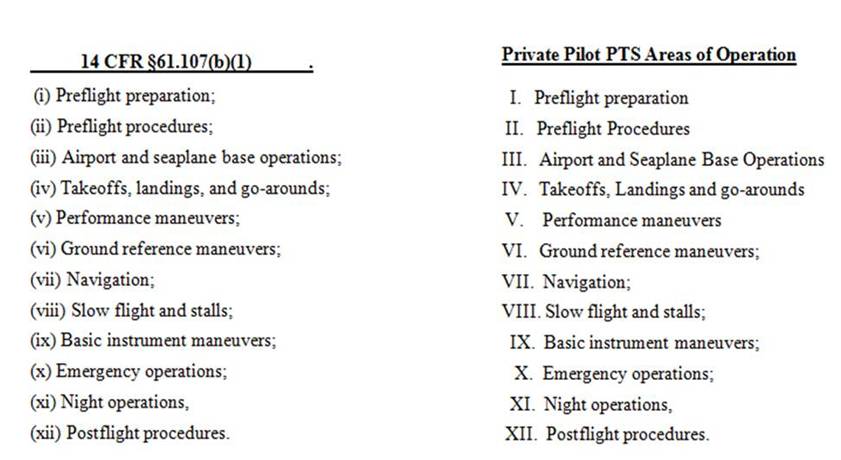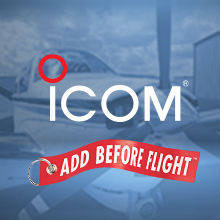NOTE 2: New Airman Certification StandardsIn Note 1 we discussed how problems with a previous edition of the Flight Instructor Knowledge Test bank of question lead to a review of the FAA processes used in developing and maintaining those questions. That Review lead to tasking from the Aviation Rule-making Advisory Committee (ARAC) that a working group should be formed from industry and FAA experts to review the airman certification issues related to knowledge testing. One of the first decisions of the working group was that a separate Knowledge Test Standards would not serve industry or FAA well since, as it would be an activity separate from the maintenance of the Practical Test Standards, the two could easily diverge rather quickly. It was agreed to create new airman certification guidance that included testing in three areas:
This is the outline of the Airman Certification Standards concept. The Airman Certification Standards (ACS) bring together in one document all of the Knowledge, Skill and Risk Management standards applicable to any particular airman certificate. The process began with development of pilot and instructor ACS documents. At present it is planned to implement these new standards beginning in June of 2016 with formal announcement of the effective date of the new ACS and new guidance documents in May, 2016. This process really builds on the existing materials. Let’s look at today’s Practical Test Standards that you are already familiar with. Did you ever wonder where the standards in the current PTS come from? Well, since anything tested has to be part of a regulatory requirement, the PTS skills standards are derived directly from Part 61. Compare the skill requirements for Private Pilot, Single Engine that are found in 14 CFR §61.107(b)(1) with the Area of Operations in the Private PTS:
The new Knowledge section has been designed in much the same way as the skills testing section of the ACS. The knowledge areas are derived from 14 CFR §61.105. It isn’t quite as simple as the Skills testing however as, over the years and for a number of reasons, forces outside part 61 have driven the knowledge test. For example, the NTSB in the past has recommended FAA add particular items that are not included in 61.105 (such as GPS). This diversion has grown over the years and it is one of the goals of the ACS system to get the Knowledge Test topics better cataloged and discussed in the guidance documents and aligned with the test question bank so the instructor and student will have a better idea of what to study for the test. Instructors that are familiar with the Skills section of the PTS should have little trouble adapting to the new Knowledge section of the ACS – it works virtually the same way. You see these draft ACS that are completing final review for yourself by following links on the NAFI website. Next time we will discuss the Risk Management testing that is being implemented and discuss the Quality Management System (QMS) that is being implemented with the ACS system. |







